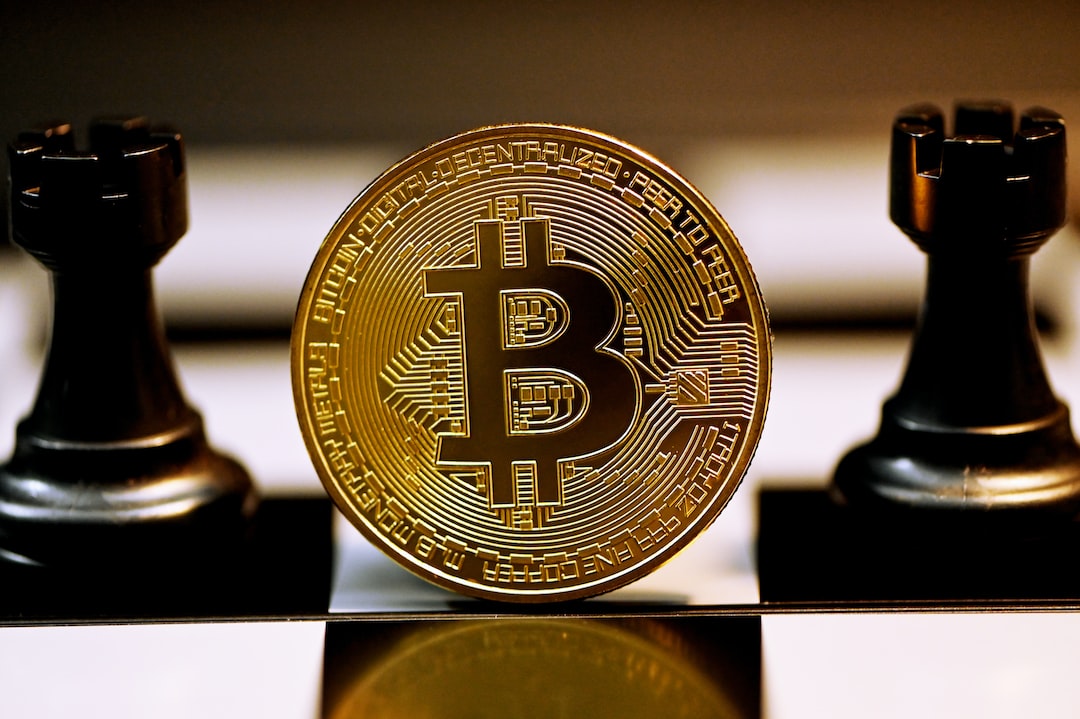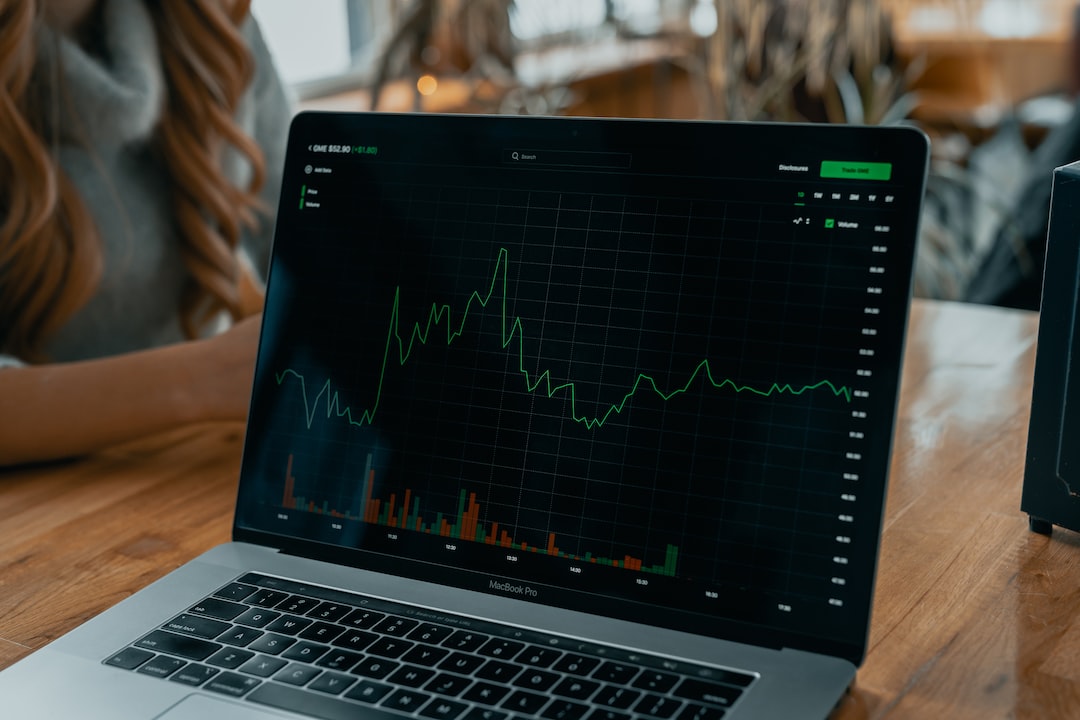In a recent CNBC interview, Ripple’s chief legal officer, Stuart Alderoty, highlighted the unique regulatory position of XRP in the U.S. following a court ruling that classified XRP as a non-security. Unlike BTC and ETH, which serve different purposes in the crypto ecosystem, XRP focuses on efficient transactions to cater to specific needs.
Alderoty noted that countries like Singapore, the UK, and Japan have established clear regulatory frameworks that foster innovation while maintaining oversight. However, the U.S. is struggling with political issues, leading to a lack of sound policy.
With Ripple’s courtroom victory, Alderoty emphasized that XRP now has unprecedented clarity as a non-security in the U.S., joining Bitcoin in this regulatory classification. He expressed concerns about the absence of a universal regulatory framework and called for a rational and unified approach.
The SEC finds itself in financial jeopardy due to multiple lawsuits challenging its stance on security status. The legal clarity surrounding XRP sets a precedent for others to contest the SEC’s position.
Crypto Bill is the Only Solution!
Alderoty believes that determining the classification of digital tokens solely through courtroom battles is not ideal. He calls for a universal regulatory framework and expresses skepticism about significant progress in Congress sessions.
SEC’s Financial Struggle
XRP’s price forecast remains uncertain despite the court victory. Crypto enthusiasts are advised to lower their expectations until the final verdict is reached. Influencer Crypto Assets Guy predicts a potential new all-time high for XRP around $3.70 late this year or in 2024.
However, it’s important to embrace a dose of realism rather than getting carried away by overblown forecasts like Wells Fargo’s prediction of XRP hitting $100 to $500 within 2 to 7 months.
Hot Take: The Unique Regulatory Position of XRP in the U.S.
Ripple’s chief legal officer, Stuart Alderoty, highlighted in a recent CNBC interview the distinctive regulatory position of XRP in the U.S. following a court ruling that classified it as a non-security. This sets XRP apart from other digital assets like BTC and ETH, which serve different purposes in the crypto ecosystem. Alderoty emphasized that XRP now enjoys unprecedented clarity as a non-security, joining Bitcoin in this regulatory classification. However, he expressed concerns about the absence of a universal regulatory framework and called for a rational and unified approach to classifying digital tokens. This court victory also puts the SEC in financial jeopardy and sets a precedent for others to challenge its stance on security status. While XRP’s price forecast remains uncertain, it’s important to approach it with realism rather than unrealistic expectations.





 By
By
 By
By
 By
By

